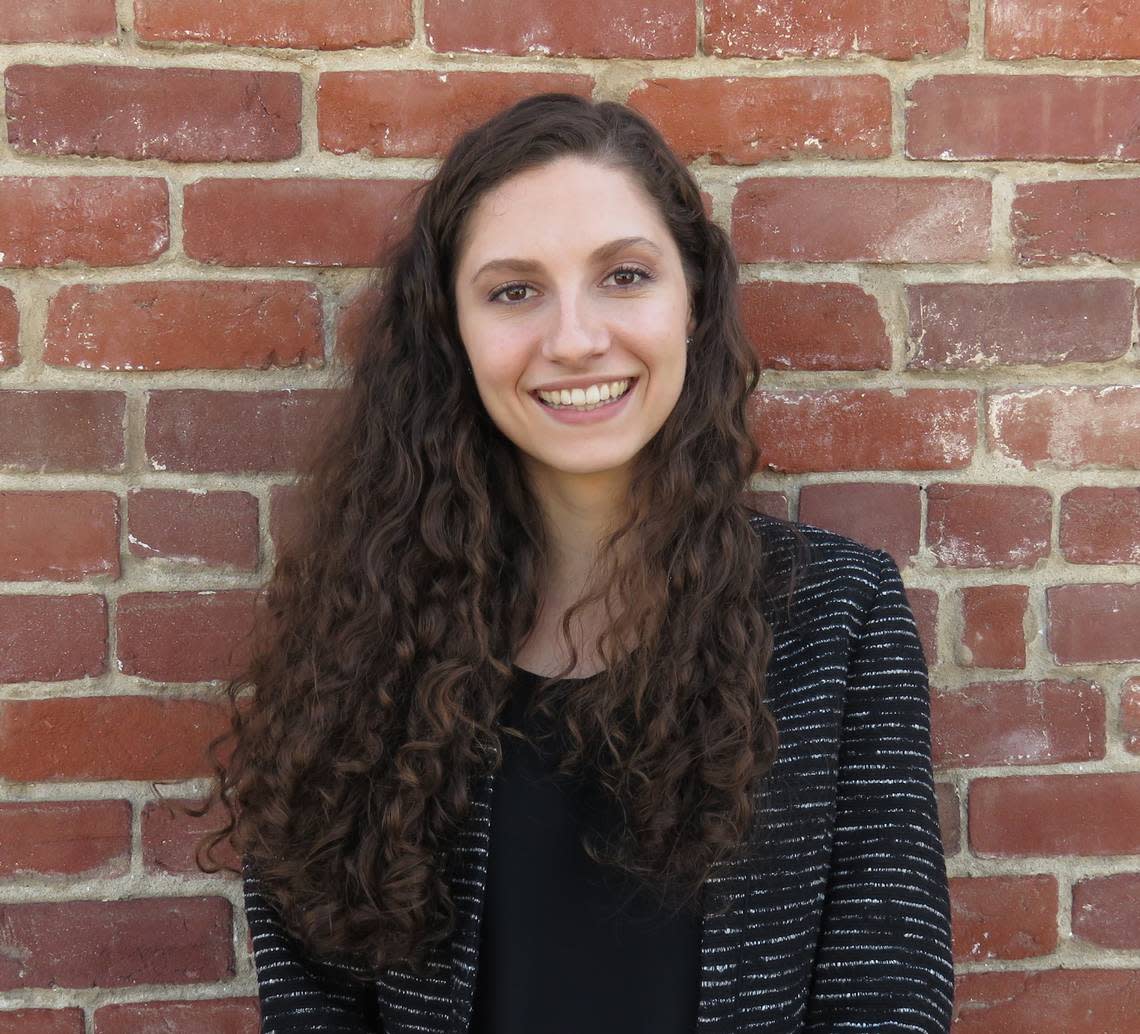Madera County officials must slow down on Measure T road tax so residents can study it
Measure T is Madera County’s half-cent transportation sales tax. It generates about $10.4 million per year with the goal of meeting transportation needs for things like road maintenance and repair, sidewalks and street lighting, and public transit.
Since it passed in 2006, though, many communities who are paying into the tax still have pothole-ridden roads, no street lighting or sidewalks, and limited to no public transit. Instead, Measure T funding was used to expand Highway 99 and repair roads in the new sprawl growth areas just north of Fresno while existing, disadvantaged, unincorporated communities have yet to see their tax dollars at work in their locales.
This inequality matters now more than ever because Madera County politicians are trying to extend the tax permanently this November. Despite community opposition, they are rushing to put their forever tax on the November ballot to lock in money indefinitely for a list of pollution-causing projects that would facilitate sprawl and industrial development at taxpayers’ expense, without ensuring community transportation needs are met first.
In my years as an environmental justice advocate working in Madera County, I’ve noticed that Madera County is often disregarded as a “flyover county.” There is limited press and public attention to decisions made here, but Madera County politics affect the quality of life of the Fresno metro area and entire region.
The list of priority projects identified in the Measure T plan would facilitate the luxury sprawl developments of Tesoro Viejo and Riverstone, just north of Fresno’s city limits, which contribute to increased vehicle emissions and traffic on the Highway 41 corridor, as well as a planned 3.5 million-square-foot e-commerce distribution center just north of Fresno’s Herndon neighborhood along Highway 99 and Avenue 7. That center would create massive amounts of heavy duty truck traffic, air pollution, and damage to local roads. It will exacerbate climate change, worsen public health outcomes, and impede daily life.
Concerns about these specific projects aside, if this forever tax passes, Madera County voters will never get another chance to vote on where and how their transportation tax dollars are spent. The tax would be bad for democracy, bad for air quality, bad for climate change, bad for public health, and bad for rural Madera County communities where residents’ unmet transportation needs continue to go ignored.
In low-income communities of color like La Vina and Fairmead, residents are extremely frustrated that they have been paying into Measure T since it passed in 2006, yet have not seen their money invested in their communities.
In La Vina, the bus comes twice a week, and residents have been tirelessly advocating for years for street lights, sidewalks, and road repairs. In Fairmead, Madera County has been unable to say when Measure T funds were last utilized in the community, and it isn’t hard to see why. Fairmead still has dirt roads, and roads that were paved in the 1960s and ‘70s that haven’t been repaved or repaired since. Residents have been showing up to Board of Supervisors’ meetings for years asking for speed bumps, sidewalks, and street lighting outside of Fairmead Elementary School, and still nothing has been done.
Every year, we compile a list of unmet transit needs from disadvantaged communities and present it to the Madera County Transportation Commission, and we are told every year that these needs are “unreasonable to meet” due to insufficient funding. So you can imagine residents’ frustrations when they found out the Measure T proposal only allocates 4% to public transit.
Public transit isn’t the only under-funded need. The category that would fund sidewalks, street lighting, crosswalks, and bike lanes that communities across Madera County still need is also proposed at another meager 4%. The “clean air” category is 3%, while 25% of the measure is proposed for a roads category that identifies a long list of freeway and interchange expanding projects, including several Avenue 12 and Highway 99 corridor expansions. Another 12.5% of the plan is allocated to a political slush fund that local government gets to decide where to put every year with no community input requirement.
Folks I work with in Fairmead and La Vina say they have no hope that this forever tax will address their needs. To them, it looks like more of the same — advocating year after year for investments in their communities, only to be ignored by the elected officials that are supposed to serve them.
Measure T doesn’t expire until 2027, so there is no need to rush its renewal. Instead, we call on elected officials and their staff to initiate a truly equitable and community-driven Measure T renewal process for the 2024 ballot.
Madera County residents should be deeply and meaningfully engaged in a community-driven process led by neutral facilitators. A community-driven process also requires that barriers to participation be eliminated by meeting communities where they live and work and by providing language access, transportation, child care, and accessible meeting times and locations.
Madera County taxpayers are paying for Measure T, so they should get to decide how long the renewed measure should last and where the money will go. Let’s stop rushing the undemocratic forever tax and instead make this happen the right way — together.
Madeline Harris is the policy manager for Madera and Merced counties for the Leadership Counsel for Justice and Accountability of Fresno.

